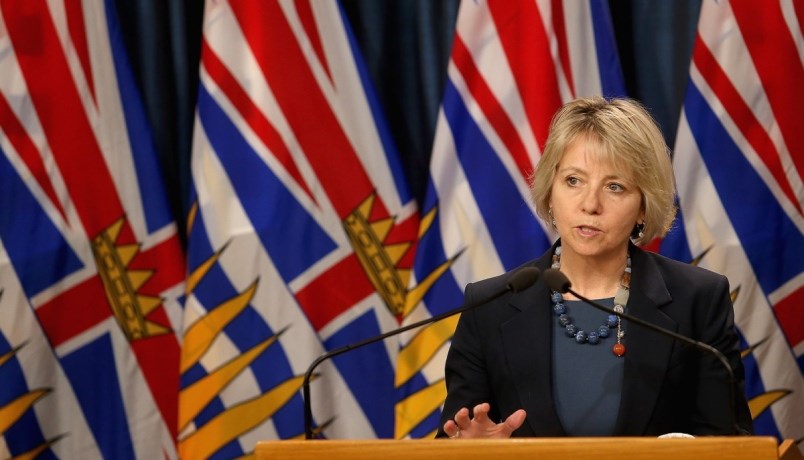The number of COVID-19 cases confirmed in the Northern Health region remained steady at 23, provincial health officer Dr. Bonnie Henry announced on Wednesday.
The number of people hospitalized for the disease in the north also remained steady at four, Health Minister Adrian Dix added. Two people in the Northern Health region were in critical care and a total of 12 had fully recovered, up from nine on Tuesday, the B.C. Centre for Disease Control reported on Wednesday.
The total number of cases confirmed in the province increased by 45, to a total of 1,336 cases in B.C. since the pandemic began. As of Wednesday, 135 British Columbians were being treated in hospital for COVID-19, including 61 in critical care.
The number of B.C. residents hospitalized is down from the peak of 149 on the weekend.
"Sadly, we continue to have deaths from COVID-19. We had five people who died in the last 24 hours, bringing the total in B.C. to 48," Henry said. "Unfortunately, it continues to disproportionately effect our elders."
People over 70 years old are especially vulnerable, she said.
Three of the deaths were linked to outbreaks in two long-term care homes in the Lower Mainland, she said. The two other deaths were in the Vancouver Coastal Health and Fraser Health areas.
Across B.C., another 35 people had fully-recovered from COVID-19, bringing the total to 838.
Henry reiterated the message that British Columbians should not travel unnecessarily – either outside of the province or within the province – ahead of the Easter long weekend.
"We need to stay home this weekend," she said. "It's not the time to take unnecessary travel, it's not the time to visit some of our smaller communities which don't have the resources to treat you or the people living in that community. It is no time for us to let up at all."
B.C. will know by late next week if residents heeded public health orders to stay home and not gather in groups, she said. The incubation time of COVID-19 is up to two weeks, but most people exhibit symptoms in four to seven days.
The province has had some success in "flattening the curve" – reducing the spread of the disease and keeping the number of patients needing treatment manageable – so far, she said, but that could change if people stop doing what is needed.
"Every jurisdiction is experiencing its own pandemic. We've been learning from what has been happening in other jurisdictions," Henry said. "Part of (B.C.'s success) was our early testing strategy. Part of it is preparation, part of it is timing and part of it is luck. But it also comes down to people in B.C. recognized this is what we had to do to reduce the transmission (of COVID-19)."


